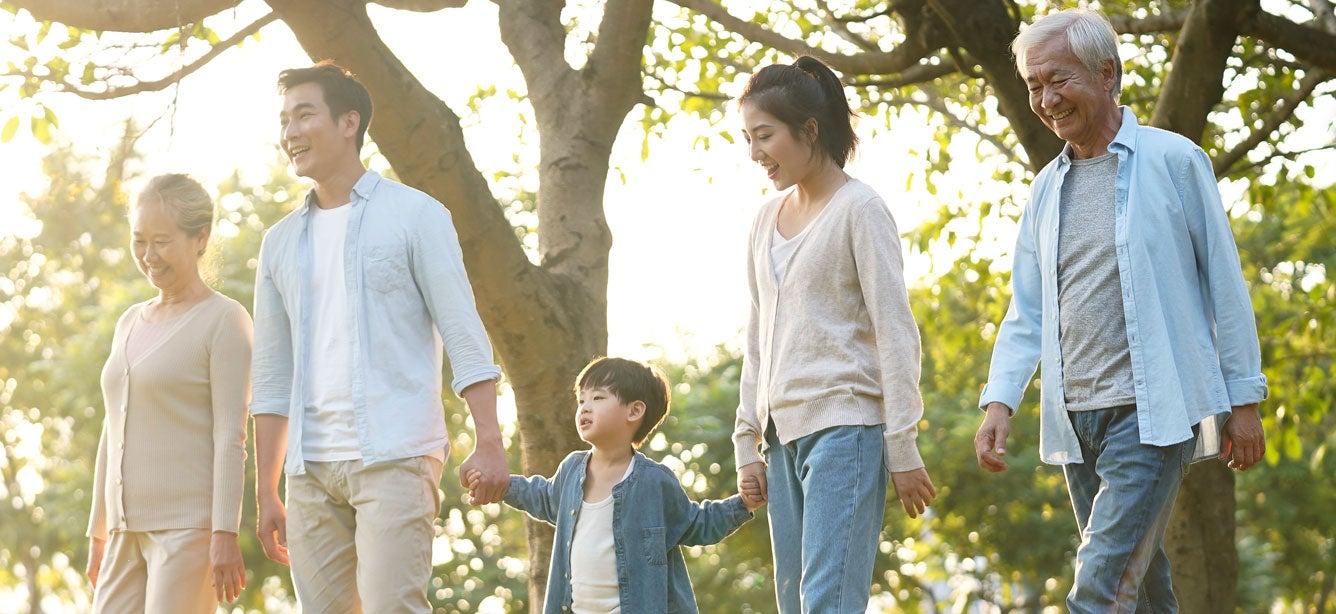
Related Topics
With wildfires in the west, the effects of poor air quality on people of all ages has been in the news. In fact, there are many sources of modern-day air pollution, including car exhaust, secondhand cigarette smoke, and dirty smokestacks.
No matter what the source, it’s important for older adults to protect themselves from breathing harmful gases and inhaling the small particles or particulate matter (PM), that is present in unclean air. Even when you can’t see visible smoke, air quality can still be bad and create or aggravate existing health problems.
We all know that air pollution is associated with lung disease, but most don’t realize it is also associated with other health risks that are especially concerning for older individuals, such as heart disease, dementia, and osteoporosis. Here are some ways to protect yourself from the dangers of bad air and limit your exposure.
1. Pay attention to local air quality reports
The EPA's monitoring website, AirNow.gov, contains information about air quality where you live. When conditions are poor, people—especially those with preexisting conditions like asthma, COPD, heart disease, or lung disease—are particularly at risk and should reduce or eliminate time outdoors. Smoke levels can vary a lot during the day, so you may have a chance to briefly go out and open windows when air quality is better.
2. Stay indoors and keep windows and doors shut
Smoke and bad air can have a bad effect on your overall health and harm your immune system. The CDC recommends limiting exposure to smoke by staying indoors with windows and doors closed and running air conditioners in recirculation mode so that outside air isn’t drawn into your home.
3. Recognize emotional distress and seek help
After a wildfire, you may feel blue or anxious. These are all normal reactions to stress. Left untreated, these feelings can lead to fatigue, illness, and even suicide. Talk to a psychologist, social worker, or professional counselor if you need help. You can also check the Eldercare Locator for resources and services available pertaining to behavior health issues.
4. Don’t exercise outdoors
Experts say it is especially important to avoid exerting yourself outdoors with activities such as exercising or mowing the lawn when the air is bad. If you must go outside, well-fitted masks are recommended. Stay active indoors with chair exercise. You can find an easy workout that uses a chair and a few other simple props from NIH’s Go4Life.
As people age, their bodies are less able to handle the effects of environmental hazards, such as poor air quality. Reducing exposure to bad air and smoke is important for your health.


